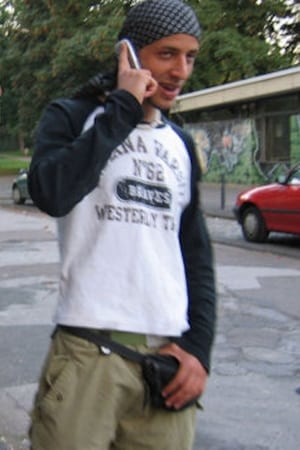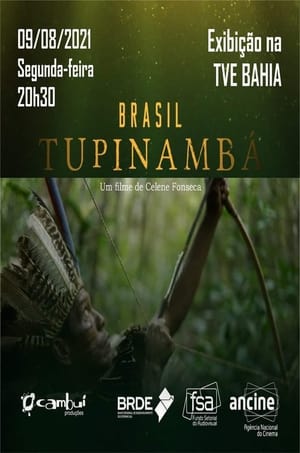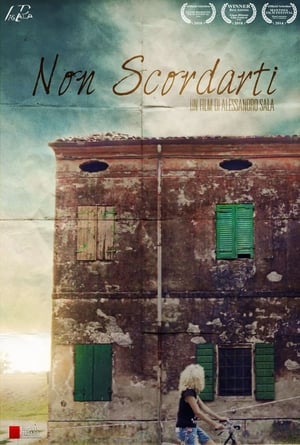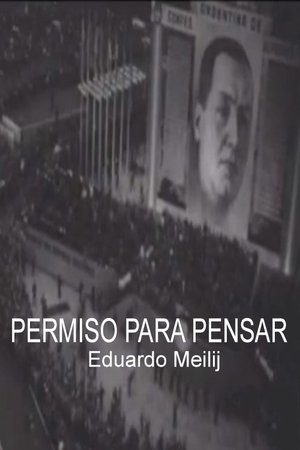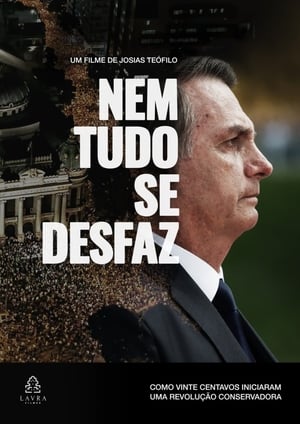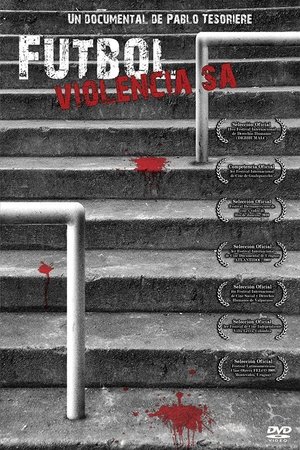

De okända utvandrarna(1991)
Documentary about Swedish emigration to Argentina via Brazil.

Movie: De okända utvandrarna
Top 6 Billed Cast
Self
Self
Self
Self
Self
Self

De okända utvandrarna
HomePage
Overview
Documentary about Swedish emigration to Argentina via Brazil.
Release Date
1991-12-31
Average
0
Rating:
0.0 startsTagline
Genres
Languages:
EspañolsvenskaKeywords
Similar Movies
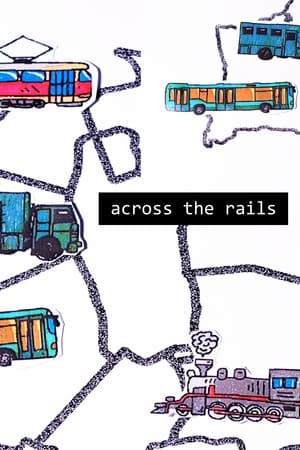 0.0
0.0Across the Rails(be)
2021 was a turning point for Belarus and 6 Belarusian students - as well as for the city of Łódź, Poland, in which they found themselves. Across the rails of change and transformation, documenting a time that has not been before and will not repeat again. Heroes of the film have very different fates and experiences, but they are all connected by the place they found themselves in - the post-industrial and post-apocalyptic city, which becomes a part of their story and a hero of its own. Students, transport, quaters, youth, revolution, local apocalypse, changes and turns - they all mix in a documentary kaleidoscope 'Across the Rails'.
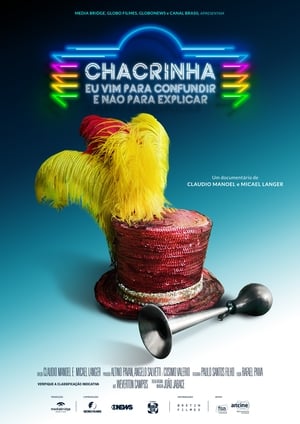 6.0
6.0Chacrinha: Eu Vim para Confundir e Não para Explicar(pt)
Chacrinha's legacy on TV and excerpts from his personal life are revealed through testimonials and archive images, which tell the story behind the cameras, the behind the scenes that consolidated a new way of communicating Brazil and the facets of a man who is one of the most interesting contemporary characters on the national cultural scene.
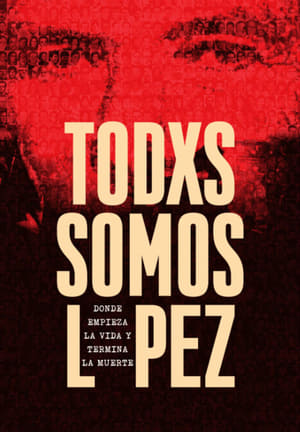 0.0
0.0Todxs somos López. Donde empieza la vida y termina la muerte(es)
A chronicle on the days without Jorge Julio López, key witness and complainant on the first trial on genocide in Argentina, dated in 2006. López, who had survived through concentration camps on the late seventies argentinian dictatorship, disappeared for the second time the day the court decision meant to condemn his kidnappers was about to be read.
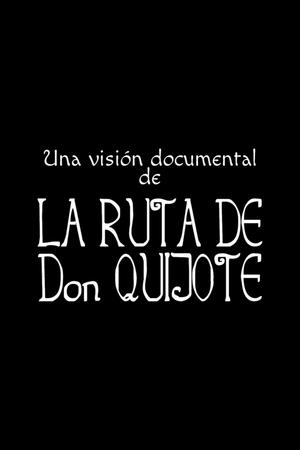 5.2
5.2La ruta de don Quijote(es)
A poetic journey through the paths and places of old Castile that were traveled and visited by the melancholic knight Don Quixote of La Mancha and his judicious squire Sancho Panza, the immortal characters of Miguel de Cervantes, which offers a candid depiction of rural life in Spain in the early 1930s and illustrates the first sentence of the first article of the Spanish Constitution of 1931, which proclaims that Spain is a democratic republic of workers of all kind.
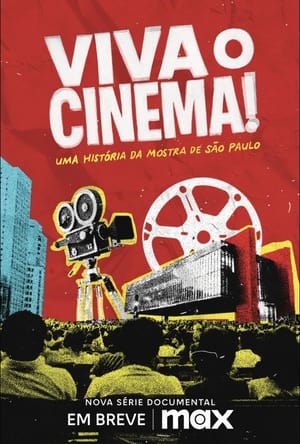 0.0
0.0Viva o Cinema! Uma História da Mostra de São Paulo(pt)
The series tells the story of the São Paulo International Film Festival, one of the most traditional cultural events in Latin America. For 48 years, the festival has showcased hundreds of films from all over the world, bringing vibrancy to the city. Filmmaker Marina Person provides an irreverent perspective, highlighting the exciting and unusual stories that have marked the festival’s journey of resistance. The series reveals the individuals who have embraced the challenge of organizing this significant cultural event in Brazil every year, despite often challenging conditions. We also delves into how the Mostra has grown to become one of the main festivals globally, shedding light on the changes in cinema, Brazil, and the world over the years.
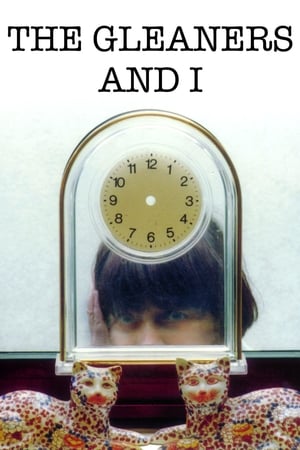 7.7
7.7The Gleaners and I(fr)
Varda focuses her eye on gleaners: those who scour already-reaped fields for the odd potato or turnip. Her investigation leads from forgotten corners of the French countryside to off-hours at the green markets of Paris, following those who insist on finding a use for that which society has cast off, whether out of necessity or activism.
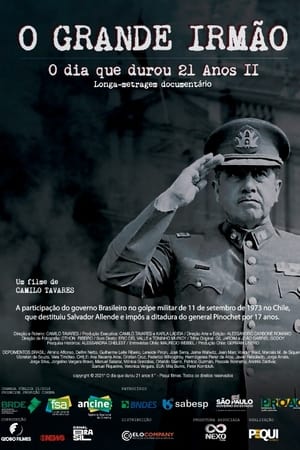 0.0
0.0O Grande Irmão: O Dia que Durou 21 Anos 2(pt)
With confidential and unpublished documentation, the film shows the background and behind-the-scenes of the coup in Chile that took place on September 11, 1973 - and General Pinochet's dictatorship, which lasted 17 years.
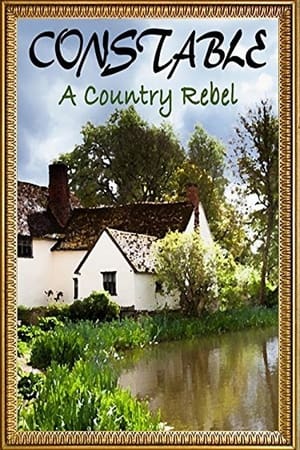 0.0
0.0Constable: A Country Rebel(en)
The Haywain by John Constable is such a comfortingly familiar image of rural Britain that it is difficult to believe it was ever regarded as a revolutionary painting, but in this film, made in conjunction with a landmark exhibition at the V&A, Alastair Sooke discovers that Constable was painting in a way that was completely new and groundbreaking at the time. Through experimentation and innovation, he managed to make a sublime art from humble things and, though he struggled in his own country during his lifetime, his genius was surprisingly widely admired in France.
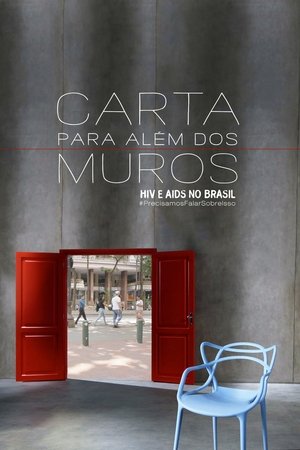 8.2
8.2Letter Beyond the Walls(pt)
Letter Beyond the Walls reconstructs the trajectory of HIV and AIDS with a focus on Brazil, through interviews with doctors, activists, patients and other actors, in addition to extensive archival material. From the initial panic to awareness campaigns, passing through the stigma imposed on people living with HIV, the documentary shows how society faced this epidemic in its deadliest phase over more than two decades. With this historical approach as its base, the film looks at the way HIV is viewed in today's society, revealing a picture of persistent misinformation and prejudice, which especially affects Brazil’s most historically vulnerable populations.
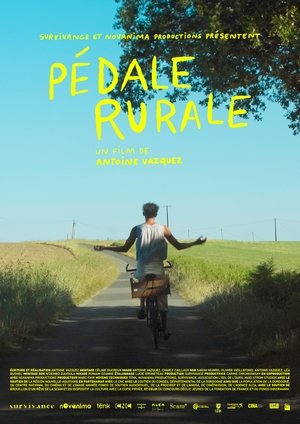 0.0
0.0Country Queer(fr)
Benoît built his paradise hidden from view, emancipated in his own way, resolved to face the constraints of a space which, in imaginations, conflicts with his identity. The countryside. One day, he and other queers from the area decide to organize the first Pride of the Périgord vert, because it is time to come out, to take up space to celebrate, heal, and finally open a path.
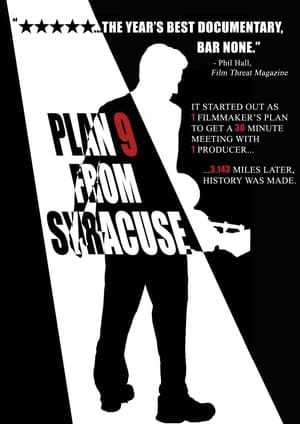 0.0
0.0Plan 9 From Syracuse(en)
On August 15th, 2006, filmmaker Ryan Dacko set out to get a 30-minute meeting with a major Hollywood producer by running on foot from Syracuse, New York to Hollywood, California.
 5.0
5.0Deadlock(ar)
Overlooking the sea, two young men contemplate what is beyond the horizon as their friends and family leave for the allure of a new life.
 7.1
7.1Arcadia(en)
A provocative and poetic exploration of how the British people have seen their own land through more than a century of cinema. A hallucinated journey of immense beauty and brutality. A kaleidoscopic essay on how magic and madness have linked human beings to nature since the beginning of time.
